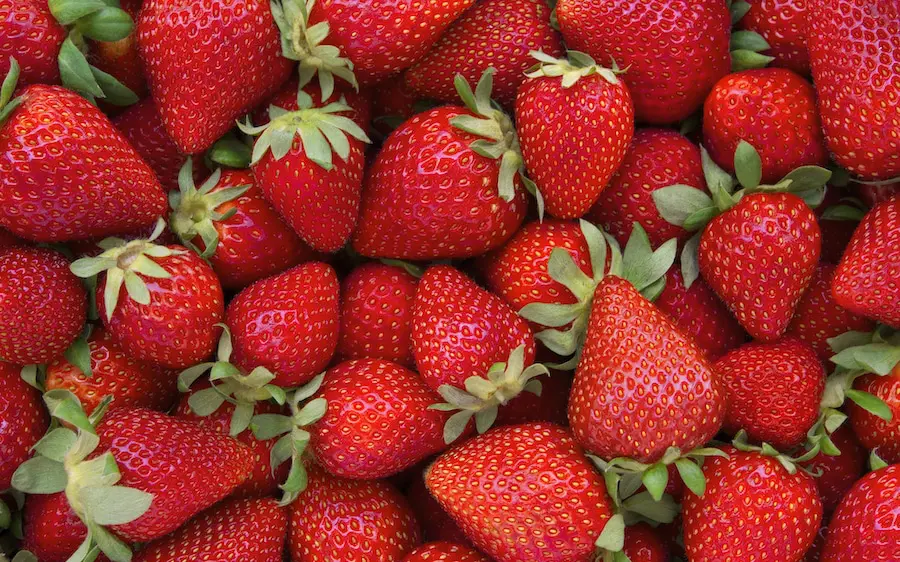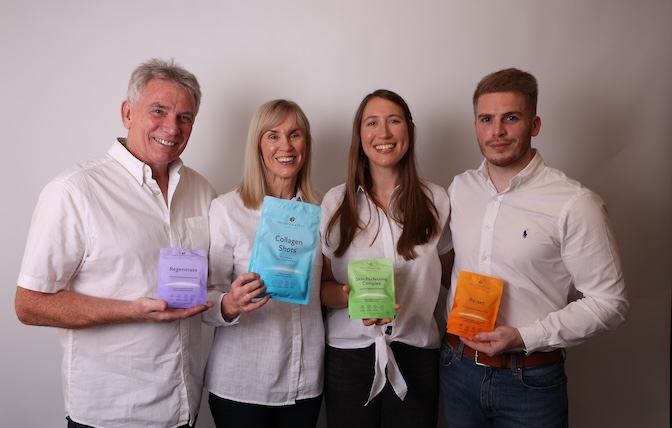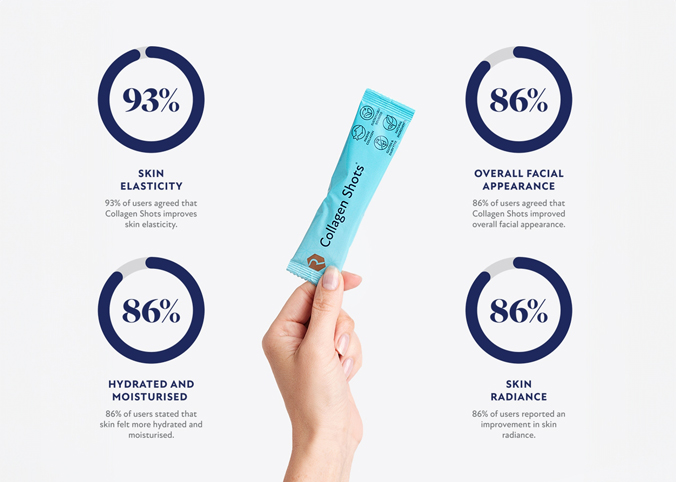What is Fisetin and why should I include it in my diet?

Fisetin is a very special natural antioxidant, which is part of the polyphenol group of plants, it’s found in some medical plants, vegetables and fruits such as strawberries, apples and persimmon and is particularly good for slowing down the ageing process. It’s most abundant in strawberries, so not only are these possibly the most delicious fruit they also carry the highest amount of this potent ingredient.
This incredible antioxidant works to eliminate senescent (rogue) cells scattered around the body. Studies show that this unique polyphenol may help to reduce markers of senescence and ageing. It was an essential ingredient on our list to include in Regenerate.
What is a Senolytic Cell?
As we age some cells stop dividing and become redundant within the body. They then start to trigger inflammation by releasing inflammatory substances that target neighbouring cells. These are senolytic cells and recent studies have shown that there is a direct relationship between the number of senescent cells in the body and the ageing process including inflammatory diseases.
Apoptosis is a process in which a healthy cells contents are broken down and packaged into small packets of membrane to be removed by immune cells. Once a cell dies it normally self-destructs in a process called autophagy. However, this isn’t the case with senescent cells, and they set to work decimating the cells around them. The good news is that scientists have discovered several compounds, senolytics, that are specifically able to repair the mechanism that allows these cells to self-destruct and prevent them causing damage.
How Fisetin May Help to Stop Cells Becoming Senolytic
Studies have shown that out of 10 compounds tested, Fisetin(1) is the most powerful and natural senolytic for eliminating senescent cells and reactivating autophagy which helps to remove toxic elements that accumulate in cells.
It directly increases the production of other powerful antioxidants(2) including superoxide dismutase, catalase and glutathione, the most powerful anti-inflammatory substance in the body. Fisetin has shown to reduce inflammation
SIRT1 is one of a group of enzyme proteins associated with cellular health. The group known as sirtuins are a family of 7 proteins which work to speed up certain chemical reactions within the body and protect from inflammation. Fisetin has been linked to enhancing the work of SIRT1. SIRT1 plays a key role in cellular health and how we age. Fisetin has also shown to be beneficial in activating SIRT3, SIRT6 and FOXO3a sirtuins.(3)
A study showed that taking fisetin inhibited glucose production.
Fisetin has shown to have several biological benefits including:
- Reduction in inflammation. It helps to protect from future inflammation while reducing existing inflammation so that cells can run at full power and repair more effectively.
- Protecting bone health
- Neuroprotection
- The ability to eliminate senescent cells
- It is thought that it may have anti-cancer properties
- It helps to make more glutathione, the most anti-inflammatory substance in your body.
Fisetin and bone health
There has been some encouraging work done on the potential of fisetin to combat osteoporosis. Osteoblasts are bone forming cells while osteoclasts break down bone cells, the 2 types of cells are dependent on each other for the production and processes of bone health. in a healthy skeleton these cells work in harmony, however in osteoporosis osteoclasts are more active than osteoblasts causing a net bone loss over time.
Fisetin appears to stimulate the work of osteoblasts while bocks the activity of osteoclasts.
Does fisetin help to protect brain health?
Fisetin can cross the blood brain barrier. Data from preclinical studies suggest that fistein might strengthen the neural connections neural communication – memory and cognitive processes
How to get more fisetin in your diet.
Fisetin is in many fruits and vegetables, here is a list of food sources with the highest concentration, down (shown as micrograms of fisetin per gram of freeze dried food).
Strawberries – 160
Apples – 27
Persimmons – 11
Onions – 5
Grapes – 4
Kiwi – 2
Now you can get the added benefits of fisetin in our ground breaking supplement, Regenerate. Regenerate has been created to help to support cellular health discover more here






